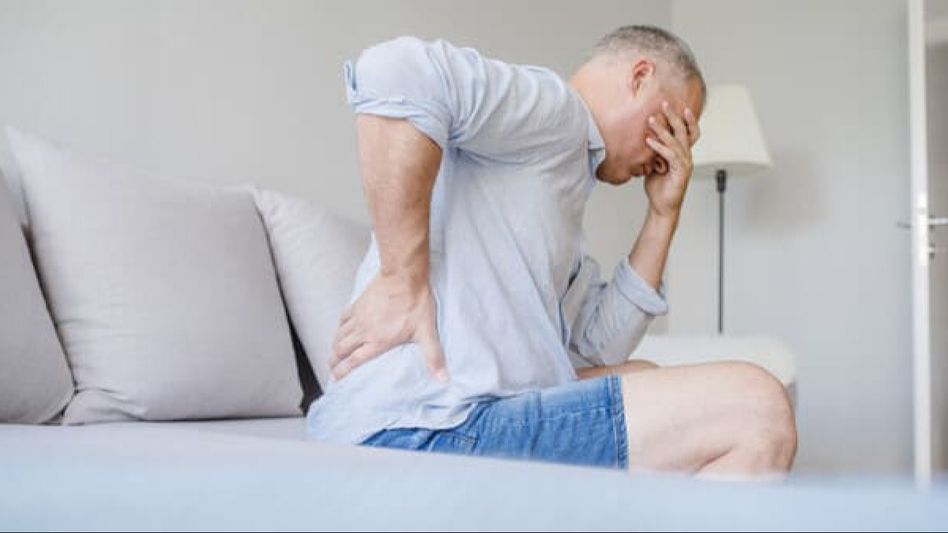How diet and lifestyle changes can help cure piles
To address the discomfort and symptoms of piles, also known as hemorrhoids, dietary and lifestyle changes can be highly effective. Incorporating a high-fiber diet is crucial for softening stools and making bowel movements less strenuous, which in turn can help treat and prevent the occurrence of piles.

To address the discomfort and symptoms of piles, also known as hemorrhoids, dietary and lifestyle changes can be highly effective. Incorporating a high-fiber diet is crucial for softening stools and making bowel movements less strenuous, which in turn can help treat and prevent the occurrence of piles.
Foods rich in fiber include whole grains like bran cereals, shredded wheat, and oats; fruits such as apples, pears, and prunes; vegetables like green peas, collard greens, and sweet potatoes; and legumes including navy beans, pinto beans, and kidney beans.
The dietary guidelines by physicians recommend a daily fiber intake of 14 grams per 1,000 calories consumed, translating to about 28 grams for a standard 2,000-calorie diet. This level of fiber intake helps create bulkier, softer stools that are easier to pass, reducing the need to strain during bowel movements—a key factor in managing hemorrhoid symptoms.
In addition to fiber-rich foods, staying well-hydrated by drinking plenty of water and other fluids like fruit juices and clear soups is essential. Hydration aids in the effectiveness of dietary fiber and can further ease the passage of stools.
Certain foods should be avoided to prevent exacerbating hemorrhoid symptoms. These include low-fiber options such as cheese, chips, fast food, ice cream, meat, and processed foods like hot dogs and some microwavable dinners. These items can contribute to constipation and subsequent straining, which can worsen piles.
Lifestyle modifications also play a significant role in managing piles. Regular exercise can improve digestion and reduce the pressure on veins in the lower rectum. Avoiding prolonged periods of sitting and not straining during bowel movements are additional preventative measures. For those with chronic constipation, a doctor or dietitian may provide guidance on how to integrate more high-fiber foods into the diet effectively.
By adhering to these dietary guidelines and making appropriate lifestyle adjustments, individuals can significantly alleviate the symptoms of piles and promote healing. It's important to consult with healthcare professionals for personalized advice and to ensure that any underlying issues contributing to hemorrhoids are addressed.
Copyright©2025 Living Media India Limited. For reprint rights: Syndications Today









